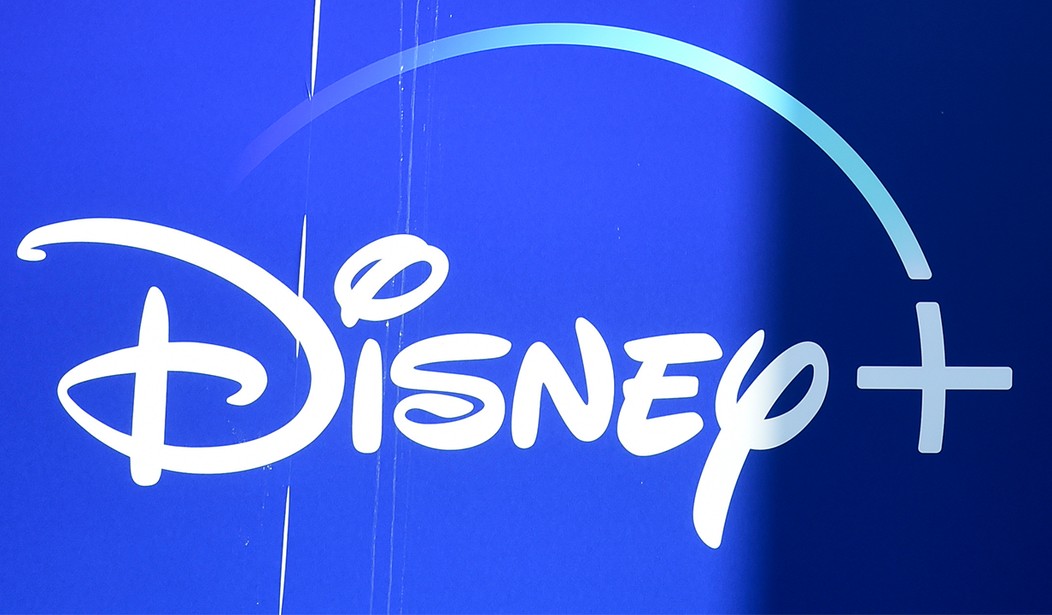From the beginning, the makers of the live-action Mulan remake promised the story of a heroine who embodied girl power. And yet, to tell this story, Disney worked with those accused of torturing women in barbaric ways – ways unique to their sex.
Female empowerment, in other words, is sometimes just a Disney fairytale.
Earlier this month, calls to boycott Disney made headlines after the company thanked Chinese government agencies in the film credits of Mulan. That’s because eight of those entities are located in Xinjiang, where China is charged with committing grave human-rights abuses – if not genocide – against the Uighur Muslims.
The U.S. government and human-rights groups have already accused China of detaining one to three million minority Muslims in “camps.” Some of the more disturbing reports tell of the government’s targeted abuse of women by weaponizing abortion, sterilization, and birth control.
And yet, Disney filmmakers pledged to champion women in their retelling of Mulan, the story of a young woman who secretly takes the place of her father to fight in the army – and later saves her country, China.
At a summit last year, director Niki Caro stressed that the film is "about a young woman who comes to understand, appreciate and respect her own power,” according to the Hollywood Reporter.
The film also employed several women who only contributed to the film’s success, including completing the movie on time, according to Caro.
“I tell them it's because the film was run by women,” she said.
Going back to 2017, Caro acknowledged to Bustle, "This is every girl’s story, isn’t it?"
Recommended
That same year, Caro told ScreenCrush that she aimed to create an “incredible, muscular piece of girly martial arts extravaganza in China” with Mulan.
Cinematographer Mandy Walker also stressed the importance of women involved in the filmmaking with Refinery29 earlier this month.
“It's quite unprecedented for women to have made a film this big together,” she said. “But we did it and we did it well.”
Screenwriter Amanda Silver added, "It's a woman's story that has been told for centuries but never by women, and we felt like it was really time to tell that story," according to the Hollywood Reporter earlier this year.
But their efforts didn’t translate for everyone. The retelling, which pivoted “more toward Chinese audiences” left something to be desired, according to some critics.
“In the animated film, Mulan went to war in part because she didn’t feel comfortable in the role she was meant to play at home — it’s a feminist story,” Olivia Truffaut-Wong, Bustle’s associate entertainment news editor, wrote in a piece for NBC’s opinion section on September 5. “In this new movie, Mulan goes to war almost solely to protect her father.”
This, among other things, makes Mulan “more of a story about honor than female empowerment,” she concluded.
But Disney’s involvement with certain Chinese agencies didn’t come across as empowering or honorable. In particular, Mulan’s credits included thanks to the police security bureau in Turpan, which is responsible for some of the Uighur “camps” – and appears on a blacklist by the Trump administration that forbids business interactions with U.S. companies.
China denies the accusations, but accounts published by the media reveal Uighur women who say they were forced to undergo as many as eight forced abortions and obstetricians who claim babies are killed even “after they’d been born.”
A report by Adrian Zenz, a senior fellow in China studies at the Victims of Communism Memorial Foundation, attracted attention for finding, among other things, that “Natural population growth in Xinjiang has declined dramatically” and “growth rates fell by 84 percent in the two largest Uyghur prefectures between 2015 and 2018.”
Disney has yet to condemn the plight of the Uighurs: something that would empower women.
On September 18, House Oversight and Reform Committee Ranking Member James Comer of Kentucky and Committee Republicans publicly released a letter to Disney requesting a briefing to “address its decision to film in Xinjiang.”
Among other things, they called out Disney for threatening to boycott the state of Georgia for limiting abortion while ignoring the Uighur women who say they suffer forced abortions and sterilizations.
Their first question for Disney was: “Does the Walt Disney Company agree the treatment of Uyghur minorities in Xinjiang constitutes genocide?”
That’s because, as CNN reported on September 11, Disney has remained largely silent on the topic, except for one executive admitting that filming in Xinjiang has caused “issues.”
It’s part of a larger problem, according to filmmaker Judd Apatow, who criticized Hollywood in an MSNBC interview on September 14.
“A lot of these giant corporate entities have business with countries around the world, Saudi Arabia or China, and they’re just not going to criticize them,” he said.
Because of this, certain stories might not even make it past the “pitch phase.”
“‘Hey, I want to write a movie about the concentration camps in China, and the Muslims in concentration camps. I want to write a movie about someone who escapes,’ no one would buy the pitch,” he urged. “Instead of us doing business with China and that leading to China becoming more free, what’s happened is a place like China has bought our silence with their money.”
Mulan was willing to risk everything to do what was right. Disney would do well to follow her example.

























Join the conversation as a VIP Member